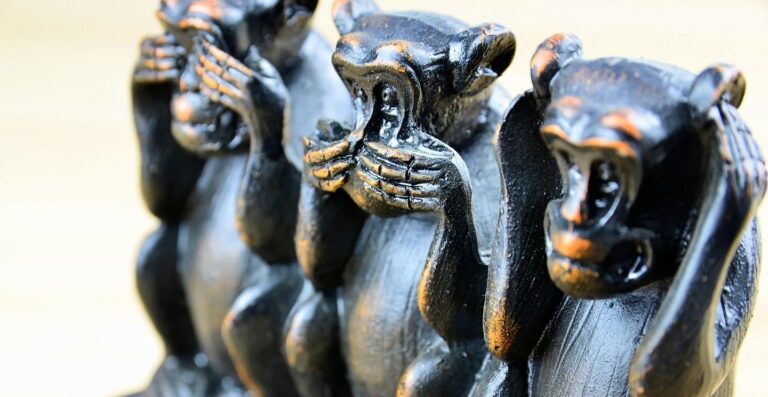Unlocking the Secrets of Longevity Part III: The Potential of Altered States of Consciousness
By Ryan Castle

In our continuous quest to unravel the mysteries of longevity, we’ve explored the critical roles of sleep and nutrition, and delved into the intricate world of epigenetics. Today, we turn our gaze to the mind-expanding realm of altered states of consciousness, specifically through meditation and the psychedelic experience induced by substances like psilocybin. These practices, often relegated to the spiritual or experimental spheres, are now emerging at the forefront of scientific research as potential keys to unlocking optimal health and extending our healthspan.
Chronic inflammation, the stealthy saboteur of our body’s systems, has been linked to a myriad of age-related diseases. It’s the common thread in the tapestry of aging, one that both meditation and psilocybin seem uniquely poised to address. Meditation, a time-honored practice, has been shown to downregulate inflammatory processes, providing a buffer against the wear and tear of bodily systems.1
Psilocybin, on the other hand, stands on the cutting edge of psychopharmacology. This natural compound, found in ‘magic mushrooms,’ has demonstrated a remarkable ability to reset and reconnect damaged brain circuitry.2 Studies have found that a single dose can lead to lasting reductions in depression and anxiety for up to six months, in part due to its potent anti-inflammatory effects.3
The synergy between meditation and psilocybin could potentially amplify these benefits. When meditation’s calming influence on the mind is combined with psilocybin’s ability to induce profound psychospiritual experiences, the result could healing effects more potent than either practice alone.4 Our understanding of these altered states is still in its infancy, with legal and societal barriers often impeding research. Yet, the evidence tilts in favor of a paradigm shift, where meditation and psilocybin are not merely seen as tools for self-exploration but as medically relevant practices that could revolutionize our approach to mental health and longevity.5
The integration of altered states of consciousness into our lifestyle holds untapped potential. It beckons us to reconsider our preconceived notions about health and to embrace a broader view of well-being. As we stand on the brink of this new frontier, it’s imperative we navigate with informed minds and a spirit of curiosity, always grounded in rigorous scientific inquiry.
References
- Bushell, W., Castle, R., Williams, M. A., Brouwer, K. C., Tanzi, R. E., Chopra, D., & Mills, P. J. (2020). Meditation and Yoga Practices as Potential Adjunctive Treatment of SARS-CoV-2 Infection and COVID-19: A Brief Overview of Key Subjects. Journal of alternative and complementary medicine, 26(7), 547–556. https://doi.org/10.1089/acm.2020.0177
- Carhart-Harris, R. L., et al. (2016). Neural correlates of the LSD experience revealed by multimodal neuroimaging. Proceedings of the National Academy of Sciences, 113(17), 4853–4858.
- Griffiths, R. R., et al. (2016). Psilocybin produces substantial and sustained decreases in depression and anxiety in patients with life-threatening cancer: A randomized double-blind trial. Journal of Psychopharmacology, 30(12), 1181–1197.
- Barnby, J. M., & Mehta, M. A. (2018). The entropic brain hypothesis: A neurobiological framework for psychedelic therapy. British Journal of Psychiatry, 213(4), 551–556.
- Schwartz, J., et al. (2017). The therapeutic potential of psychedelic drugs: Past, present, and future. Neuropsychopharmacology, 42(11), 2105–2113.






